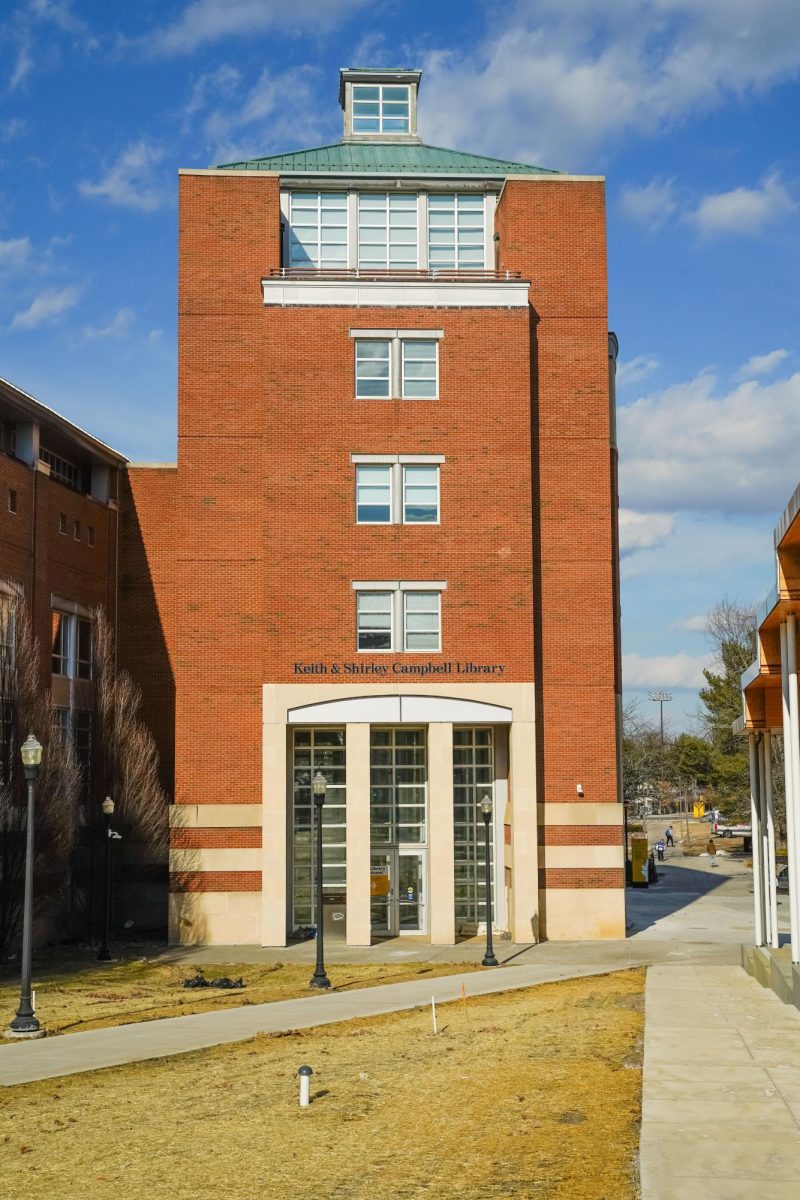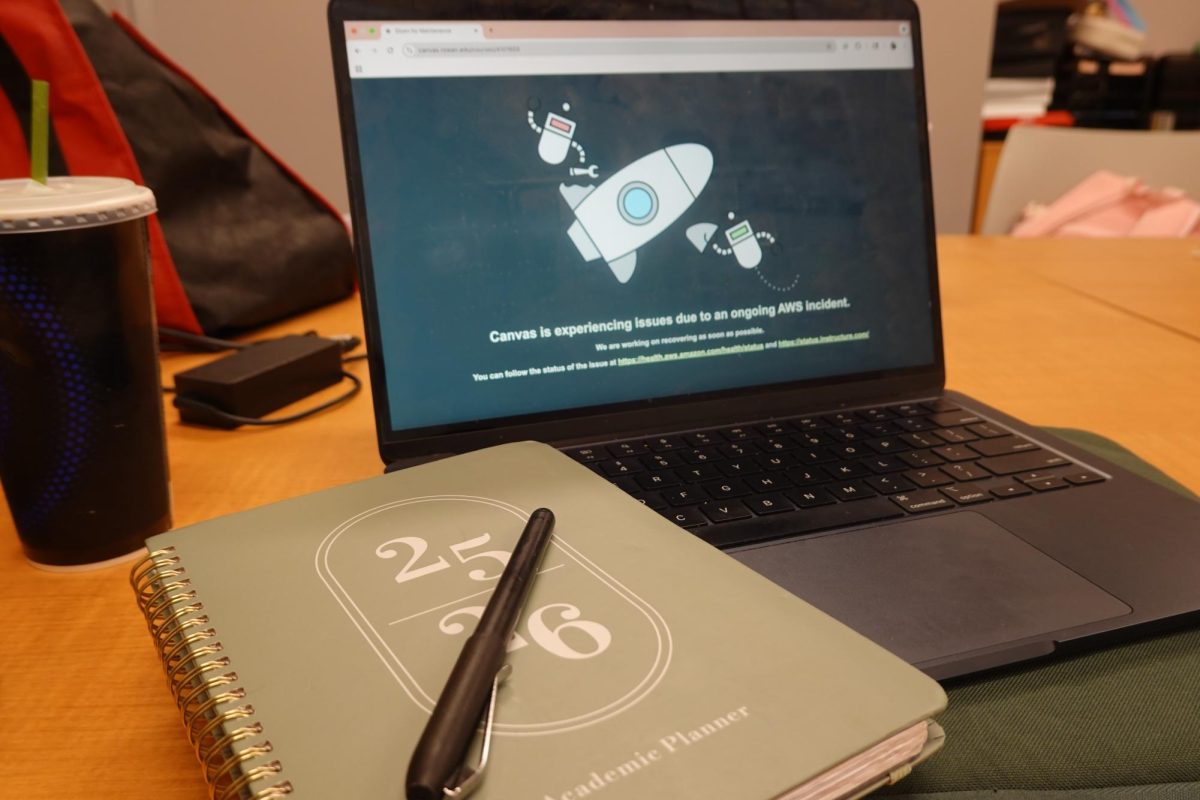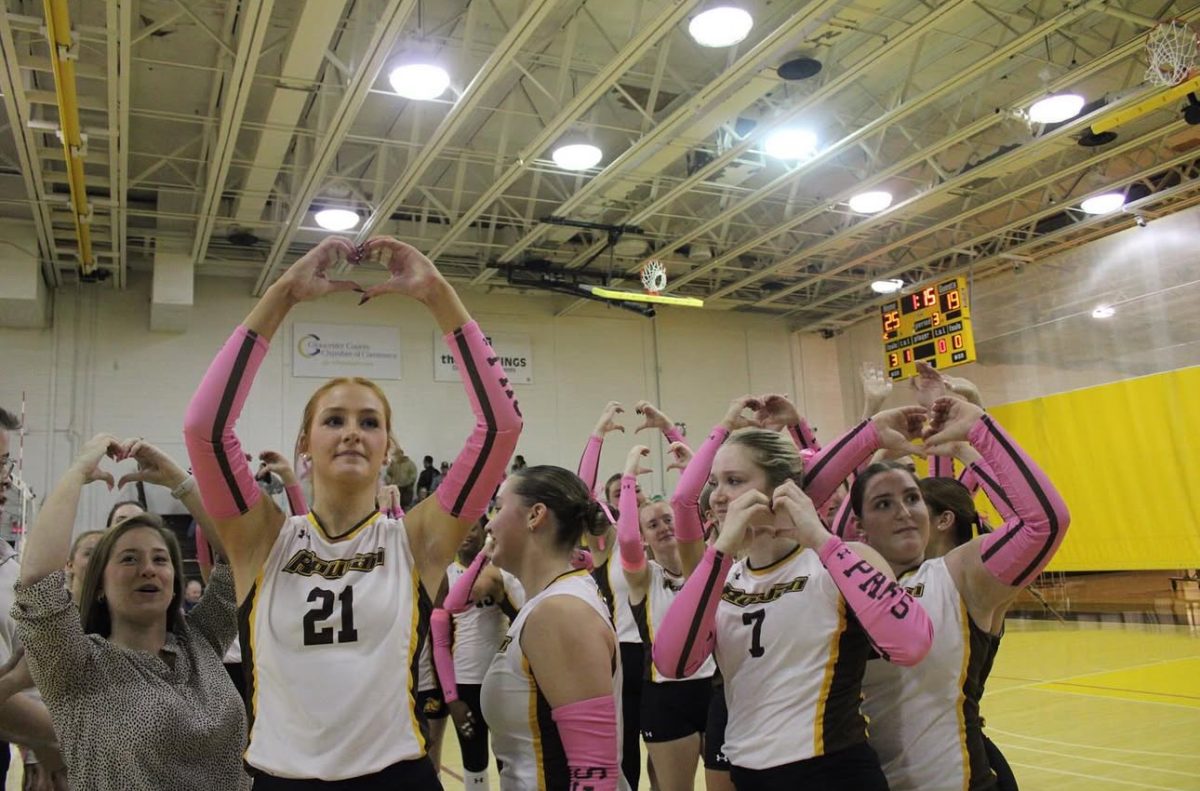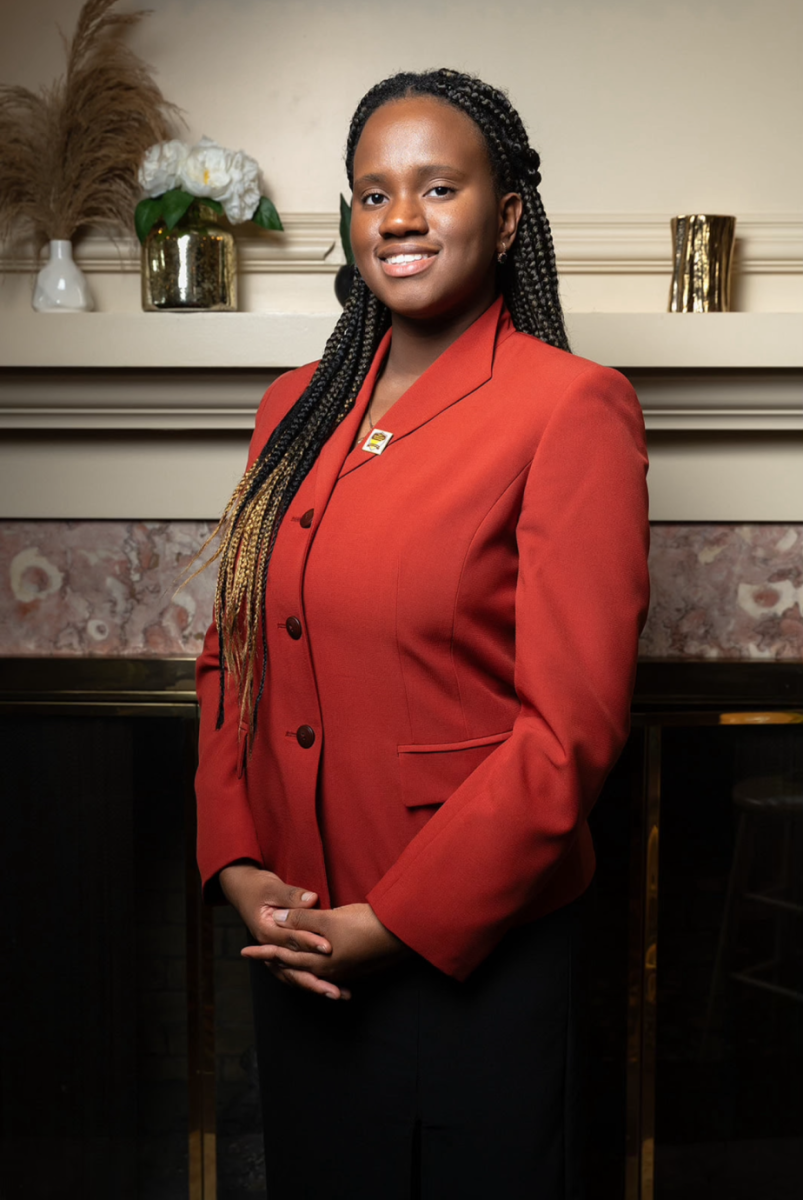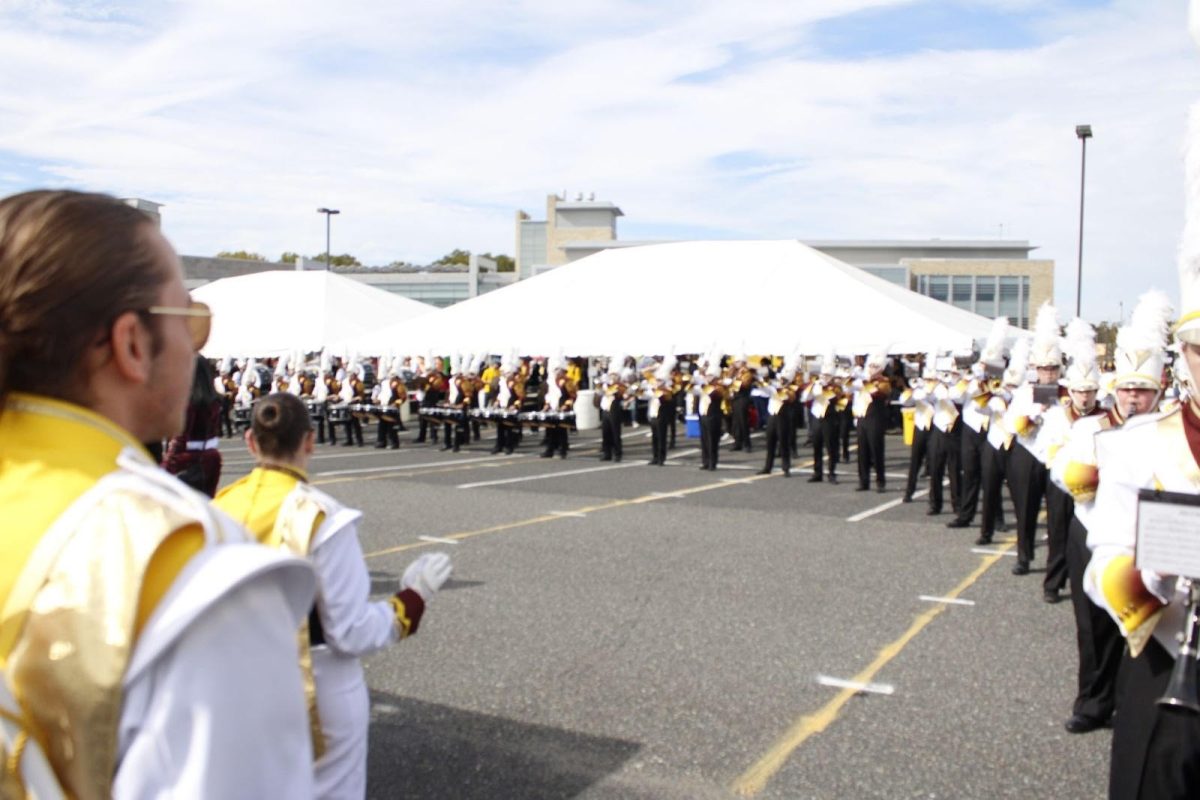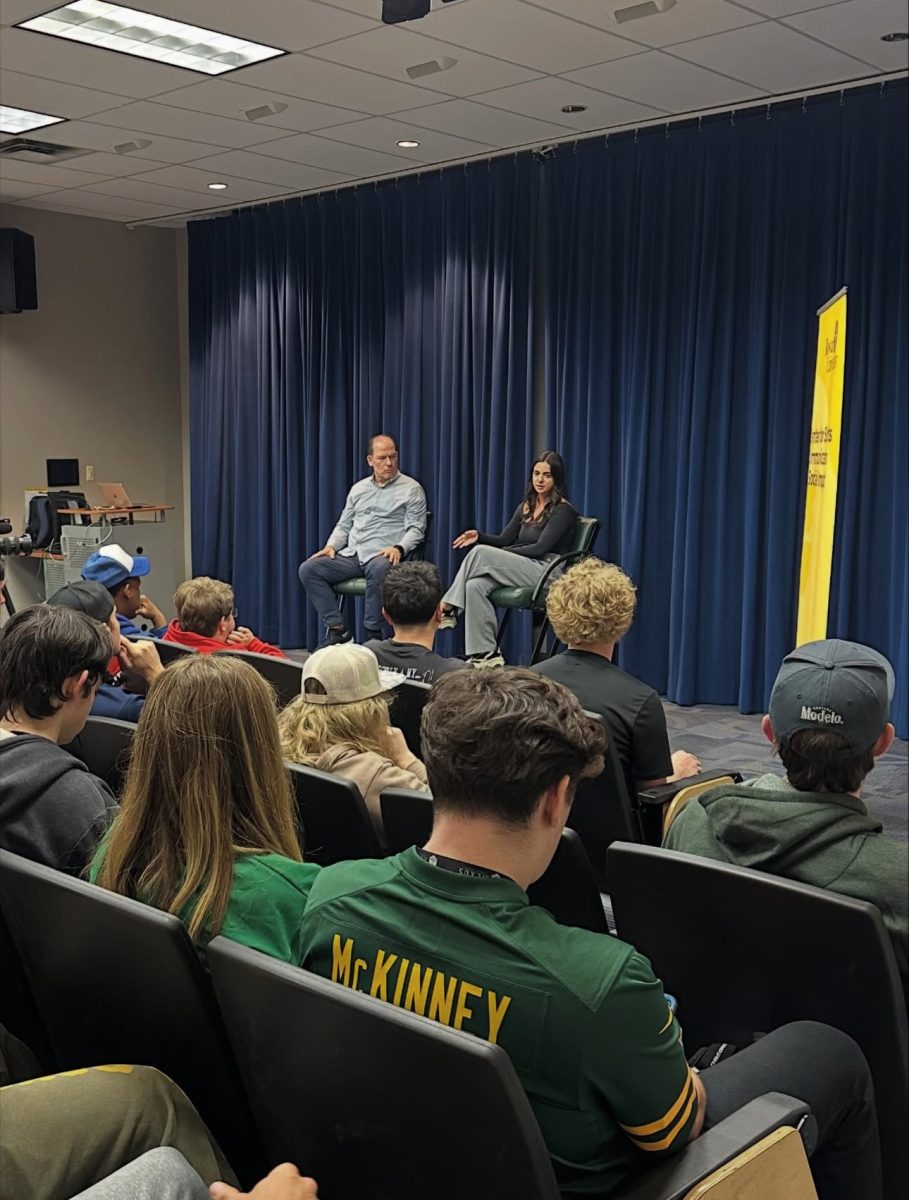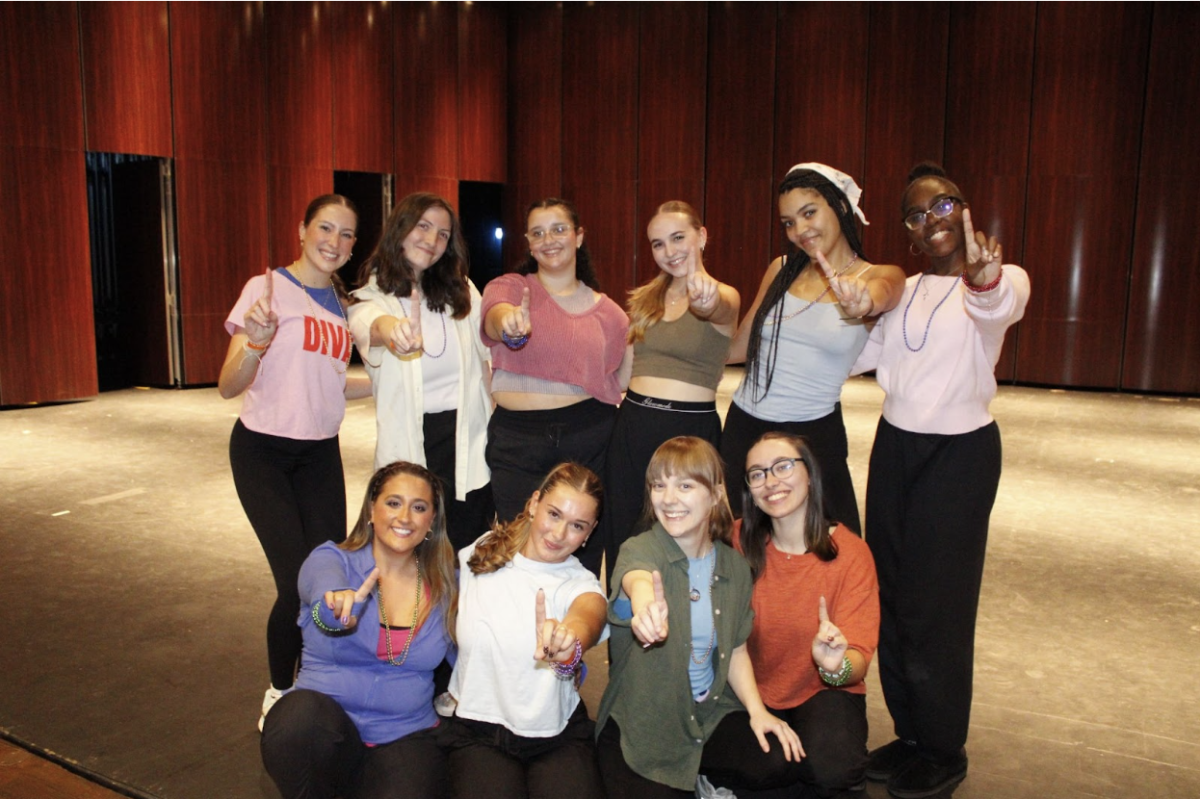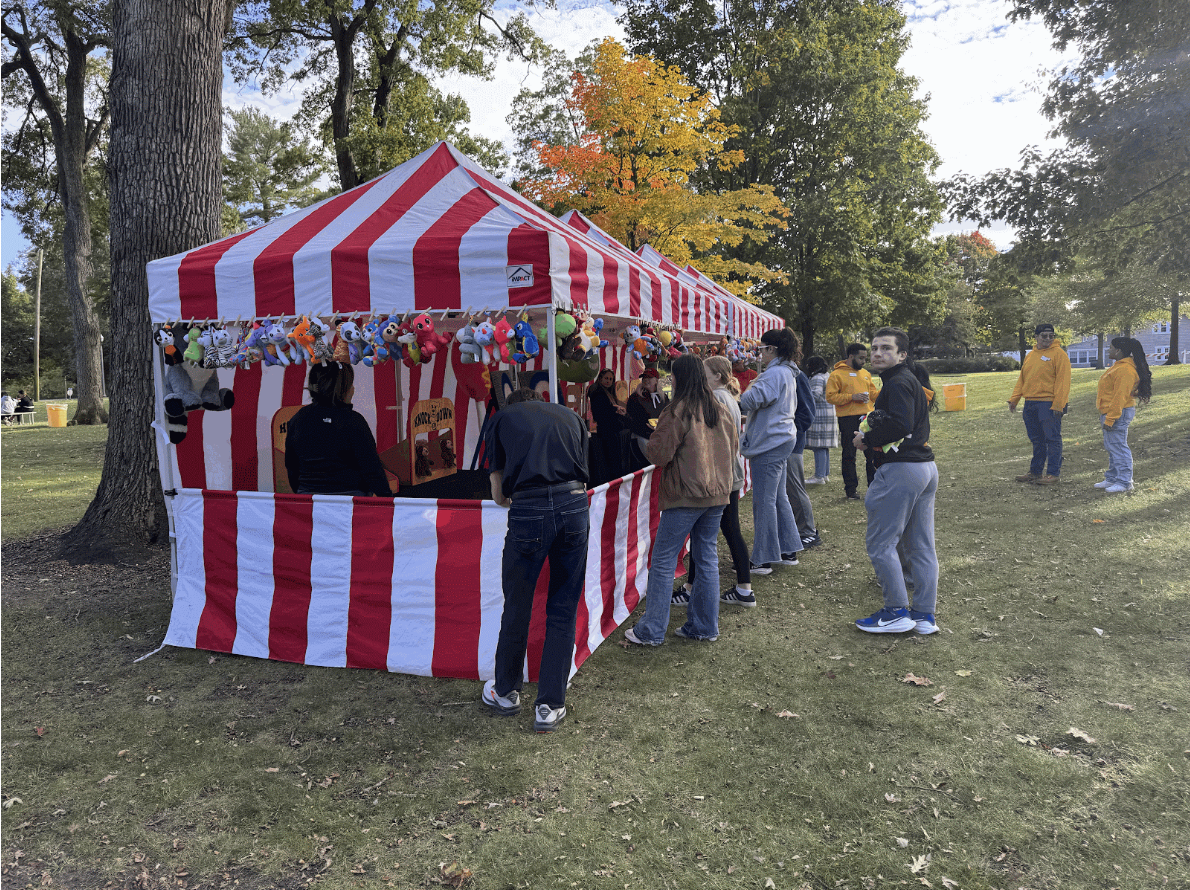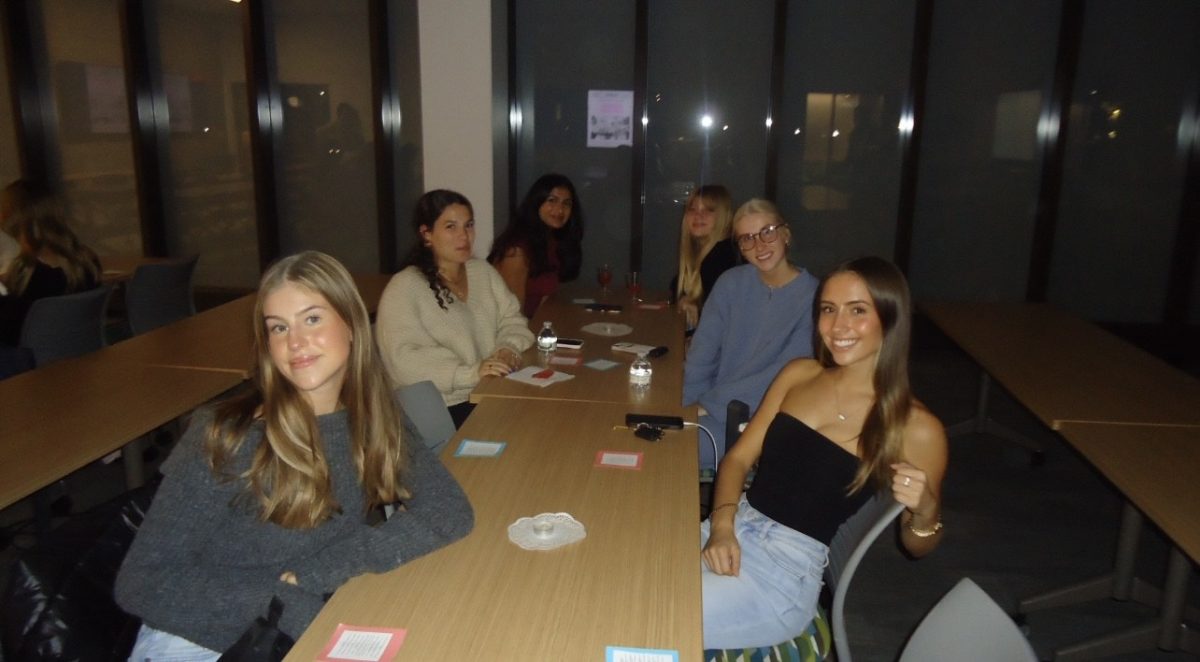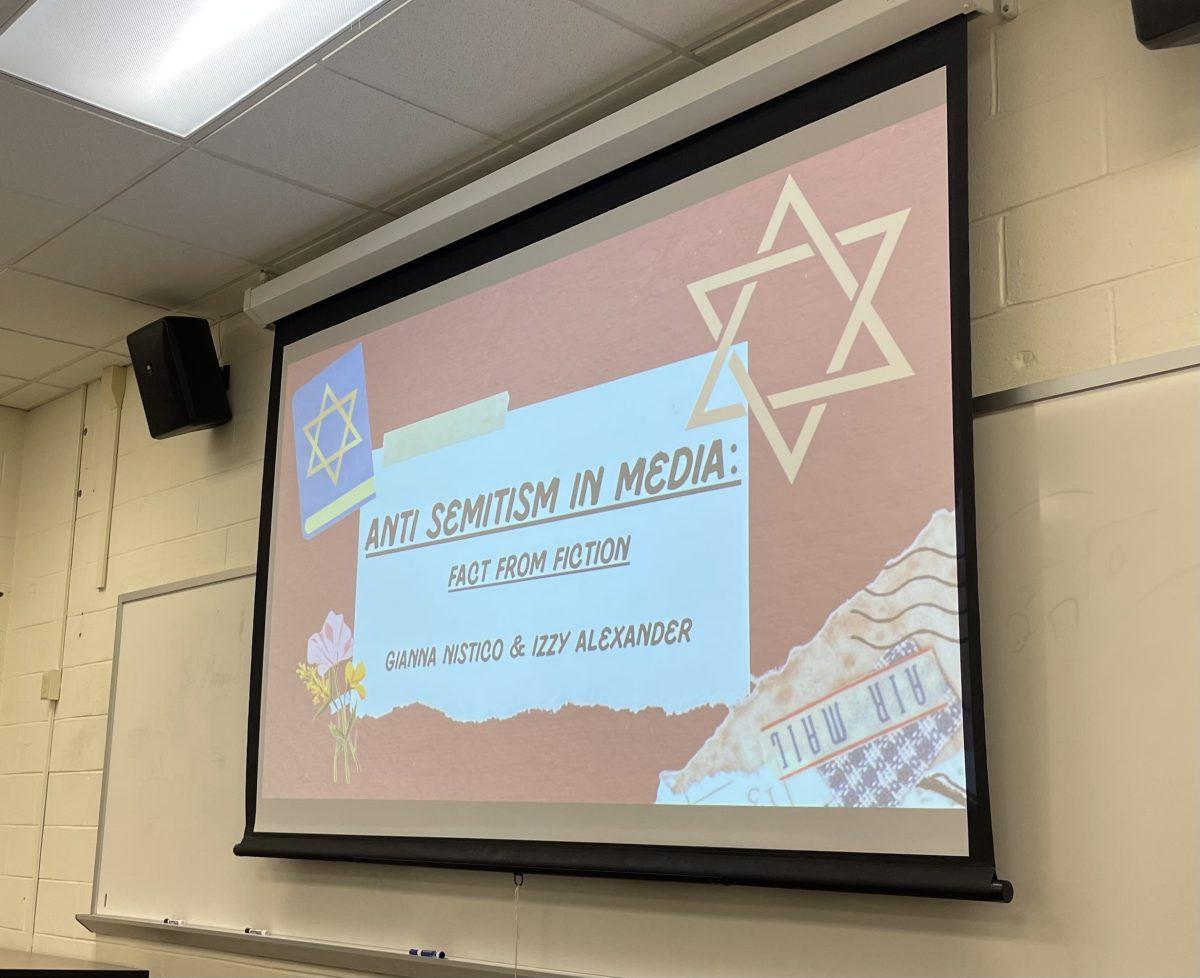On Monday, Oct. 30 members of both Rowan Hillel and Rowan Center for the Study of Holocaust, Genocide, and Human Rights (RCHGHR) held a student-led discussion on “Anti-Semitism in Media: Fact from Fiction.”
The event was held in Robinson, room 103, and ran from 8 p.m. to 9:15 p.m.
Although the lecture was focused on anti-semitism against Jewish communities, the event was open to all.
Gianna Nistico and Izzy Alexander from RCHGHR co-sponsored the seminar alongside Hillel.
“It was really important…to have this event,” Alexander said.
Alexander got the idea to host a seminar back in August. She is a senior history major preparing to start her master’s at Rowan next fall. Alexander is passionate about educating the public—no matter the topic.
“In August, when I [was] creating this event I was going through the mind of ‘what is something right now that could be relevant that we can talk about and can be used to improve [and]… Anti-semitism came right to mind,” Alexander said.
During the meeting, Nistico and Alexander discussed different types of media that have promoted stereotypical portrayals of Jewish individuals and in turn, have promoted anti-semitism. Forms included, literature, film, television, advertisements, news, and “current media,” according to the presentation.
A specific example came from the movie “The Pianist” directed by Roman Polanski. Both RCHGHR members described the problematic aspects of the movie.
Afterward, attendees would share their opinions or experiences. Alaina Walter a freshman psychology and criminal justice major was one of the students who came to the event.
“I heard about it [the event]. I thought it would be a good experience,” Walter said.
Members and attendees listened as their peers talked through difficult topics.
“I didn’t realize how big of an issue ‘Jew face’ was,” Walter said.
Jew face is “ethnic-based mockery,” according to the National Endowment for the Humanities.
“To the regrettably popular blackface comedy, American comics added the Jew-face. They put on putty noses and false beards and made jokes about Jewish shopkeepers setting their businesses alight for the insurance.”
Despite the past being hurtful, it is important to talk through the difficulties.
“If we don’t remember our past, we are most likely going to repeat it,” Alexander said.
The purpose of the anti-semitism lecture was to educate the student body about how they can be proactive and avoid being anti-semitic to any group of people.
“I think it’s important that people are able to express their own opinions,” Walter said.
For comments/questions about this story DM us on Instagram @thewhitatrowan or email [email protected]



